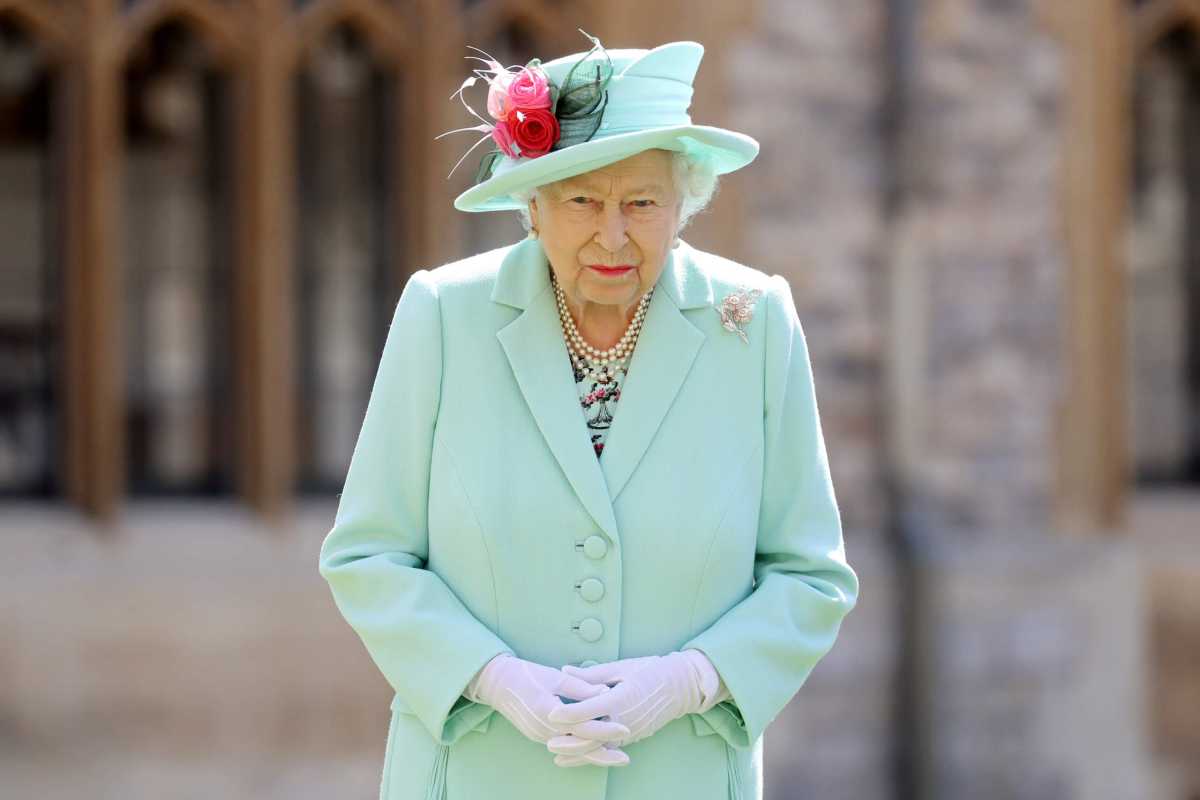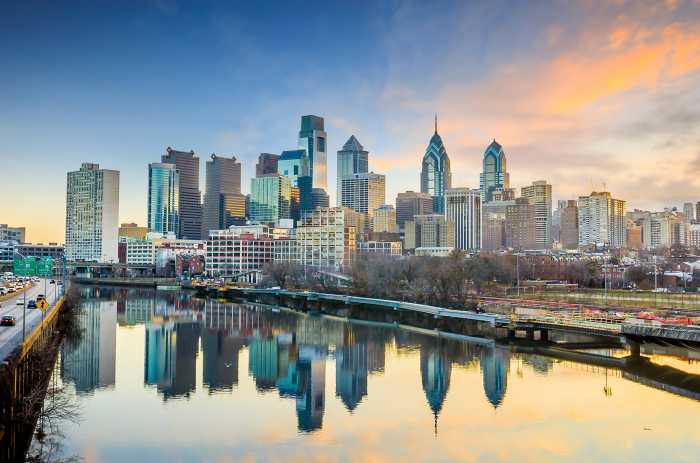By Miguel Velázquez
Aiming at November 2021, before it celebrates the 55th anniversary of independence from British rule, Barbados recently announced its intention to sever ties with the royal family and become a republic. The decision which is expected to be approved by the local Parliament, could make other countries stop recognizing Queen Elizabeth II as their leader.
“The project of Barbados becoming a republic has been discussed by successive governments as a possibility since 2005,” Richard Drayton, Rhodes professor of Imperial history at the King’s College London, the UK, who was born in Guyana and grew up in Barbados, expalined to Metro.
He added: “The decision to make this a formal policy of the government, with a delivery deadline of November 30, 2021, is part of the accelerated temporality of 2020, in which history is, in a sense, happening quickly. All it would require is a 2/3 vote of both houses of parliament to change the constitution in this way. Remember that the Queen, ever since Barbados become independent in 1966, is Queen of Barbados in a separate capacity from her being Queen of Great Britain and Northern Ireland. So removing the Queen as head of state, that is to say ending the period of monarchical government in Barbados, is a purely internal constitutional matter.”
However, other nations could follow the path of Barbados, including Australia, which has already expressed the intention to become a republic in the past.
“In the Caribbean, Jamaica, St Vincent and the Grenadines, St Lucia, Antigua and others are in the same location, as independent constitutional monarchies, as is Barbados. Outside of the Caribbean, Australia, New Zealand and Canada are also candidates for republican government,” Drayton explained.
He concluded: “There is an Australian republican movement. Its historic strength has been in the Australian Labor and Green parties, both of which are out of power. The Liberal Party, which in Australia is the conservative party, has historically been in favor of preserving the Queen as head of state.”
Metro spoke with Anne Twomey, Professor of Constitutional Law at the University of Sydney, Australia about the challenges of severing these ties:
What are the challenges Barbados could face in its attempt to become a republic?
While it is not hard to get support for the principle of a republic, it is much harder to get agreement about the details. In particular, the method of choosing the head of state, such as direct or indirect election, and what, if any, limits should be placed on the powers of the head of state, are often controversial matters. Concerns may be raised about the powers being too extensive if held by a President, particularly if he or she has a direct electoral mandate. A Prime Minister might worry that the head of state would ignore conventions and exercise reserve powers inappropriately. Controversy about the detail of any model makes it difficult to achieve success in a referendum.
What other countries could follow the example?
It depends upon the mechanism a country uses for constitutional change. If it involves only a parliamentary vote, it is relatively straightforward to achieve (although there may be political disputes about the detail of the model chosen). But if a vote of the people is required in a referendum, it is more difficult to achieve. For example, a referendum was held in the South Pacific nation of Tuvalu in 2008 and the Caribbean nation of Saint Vincent and the Grenadines in 2009, but both failed. In Tuvalu, there was a low turnout and little interest. In Saint Vincent and the Grenadines, there were political disputes as to the model for choosing the head of state and his or her powers.
Tell more about Australia.
Australia can only become a republic if this is approved in a referendum by a majority of voters across Australia, as well as majorities in four out of six States. A referendum on a republic was held in 1999 but it failed. This was large because of a split amongst republicans as to how the head of state should be chosen. The model put to the referendum involved the head of state being chosen by a two-thirds majority of Parliament, but many republicans preferred the direct election by the people of a head of state, and they joined with monarchists in opposing the referendum.



























